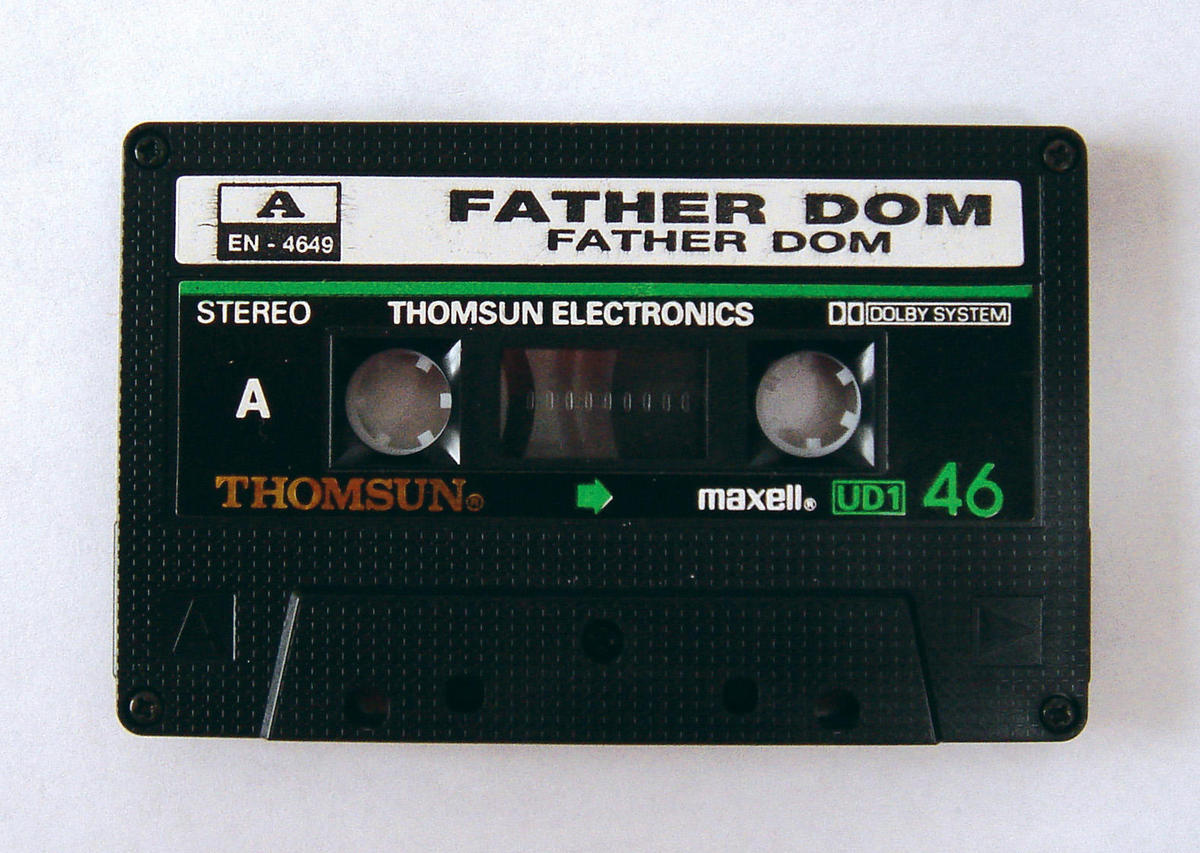
The last time I was in Dubai, a friend told me that 50 Cent had done a concert there a few weeks earlier. This came as a surprise, seeing that the last time hip-hop made a fantastic voyage to the desert, it came in the form of, well, Coolio. Fitty in Dubai?? Um okay, gangsta… how thug of you. But that’s not the point. The point is, how come all the good music shit is getting to Dubai now that I haven’t lived there for a decade? Don’t be fooled, oh new generation of Dubaians with your pretend angst nurtured in the finest beach clubs; the music game wasn’t always peaches and cream — or dates and laban, for that matter. Buried somewhere underneath the gleaming and endless CD racks of Dubai’s countless new Virgin Megastores and Tower Records, lie the fossilized remains of tiny one-man stores with names like MusicMaster and Abdul Ali Sound Place that back in the day peddled bootlegged audio gems to us culture-starved kiddies, unwittingly upping our quality of life. So before the Miami-esque gloss completely erases the past, I submit to you my memoirs of copping the hot shit in Dubai, pre-1995.
We never had any “official” recordings out there; but there was a huge bootleg cassette industry run by a company called Thomsun Original. We never knew who this mysterious Mr. Thomsun was or why the bootlegs deserved the title “Original,” but many credit him with saving our childhoods with the sweet sounds of western music. Their seven dirham (about two US dollars) bootleg cassettes all had simple one-sheet card inserts, that were light blue all over with a smaller version of the actual album cover on the front, and their own typography and design everywhere else. None of the music was censored, but the fine people at Thomsun Original did misspell a lot of album names. I remember they (presumably mistakenly) renamed Run DMC’s Tougher than Leather album to Together than Leather and Cypress Hill’s Black Sunday for some reason was flipped to Black Tuesday. The designers over at Thomsun were, evidently, insane in the membrane. I guess the market must have been booming though, because before we knew it another bootlegger was on the scene, and check the audacity: They called themselves Thames Original.
Besides the gentlemanly named Thomsun and Thames, there were a variety of companies that produced ten dirham (about three US dollars, you math whiz) hard-case, mixed-tape cassettes that came with lyric sheets and a crazy musical concept like “US Rap Attack” or “MC Hammer vs Vanilla Ice!” with some third grader collage cover art, scissor marks still visible. Given the whopping price (give me a break, I was eight), and the fact that the ridiculously sized cover would never fit into any standard cassette rack, this variety of cassette always took a back seat to Thomsun’s sleek and cheap alternative.
Another fun fact to keep in mind about the music buying process in old Dubai was that when you walked into the store, you never really knew what you were going to buy. Why? Well, early on we had no Billboard magazine, no MTV, no real radio stations — sorry 92FM, you know I love you, but you only played the news and Phil Collins. Nothing. So we really had no reference points to indicate what was cool, other than that mini-pic of the album cover, and perhaps an Indian man’s rousing testimonial: “Yes, I don’t know, but must be good. RAP! Sorry, okay.” To play it safe, I would only buy tapes with black people on the cover, but that wasn’t foolproof either; I owned an album by “FatherDom” (who to this day no one but me has ever heard of), but no KRS-One or NWA. (Sorry hip-hop gods, do you need my membership card back now?)
When we were in our teens, the CD market opened up and the little music stores around town were getting authentic albums on their racks courtesy of a semi-authentic outfit known as Stallions. But now, anything with a “Parental Advisory Explicit Lyrics” sticker was barred from entering the country. Luckily, the nice guy at my favorite music store took note of my penchant for potty-mouthed rap music, and would sell me stuff under the table. He sold me Dubai’s first two copies of Snoop Dogg’s Doggystyle (one of which I gave to our fearless editor Lisa). Anyone who wants to challenge that last sentence can holler at me… but just remember, when you diss Dre you diss yourself. The censorship didn’t stop there however. Album covers were still subject to scrutiny and would be “modified” if any imagery clashed with Islamic values. Janet Jackson, for instance, was suddenly wearing a drawn-on white shirt instead of a gropey man’s hands on the cover of her IF album. Of course there was no rhyme or reason to what imagery was and wasn’t censored: Dr. Dre’s giant marijuana leaf CD from The Chronic was okayed, while the well-endowed baby from Nirvana’s Nevermind was forced to don imaginary blue swim trunks.
I could go on and on. Well actually, I couldn’t as my memory fails me now, due no doubt to time and possibly my habitual listenings of the aforementioned Dre album. So do I really have a point? No. Am I just a bitter old-school Dubai kid that hates that these new-school kids have it so easy? Possibly. Do I deserve a trophy? Yes, please.